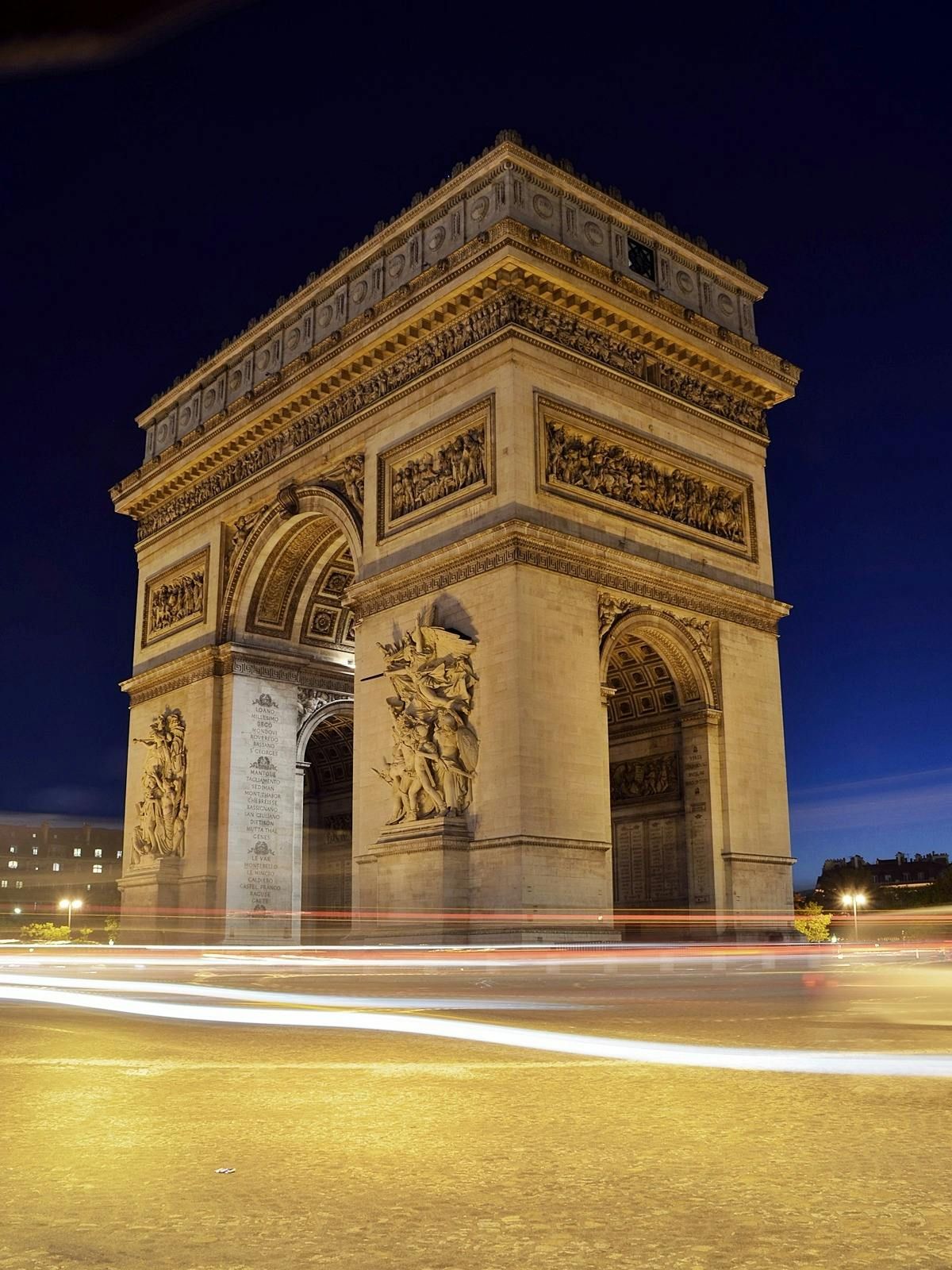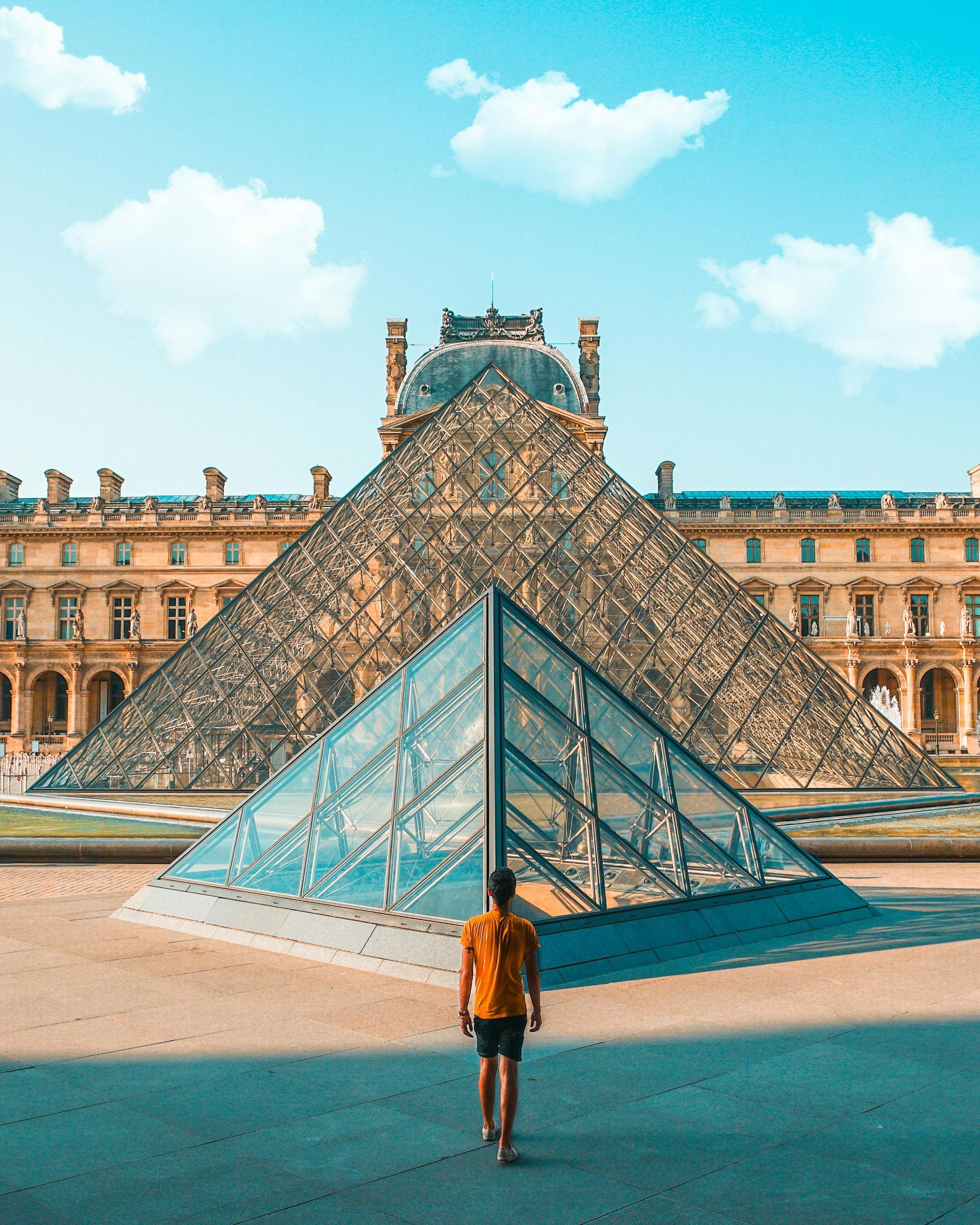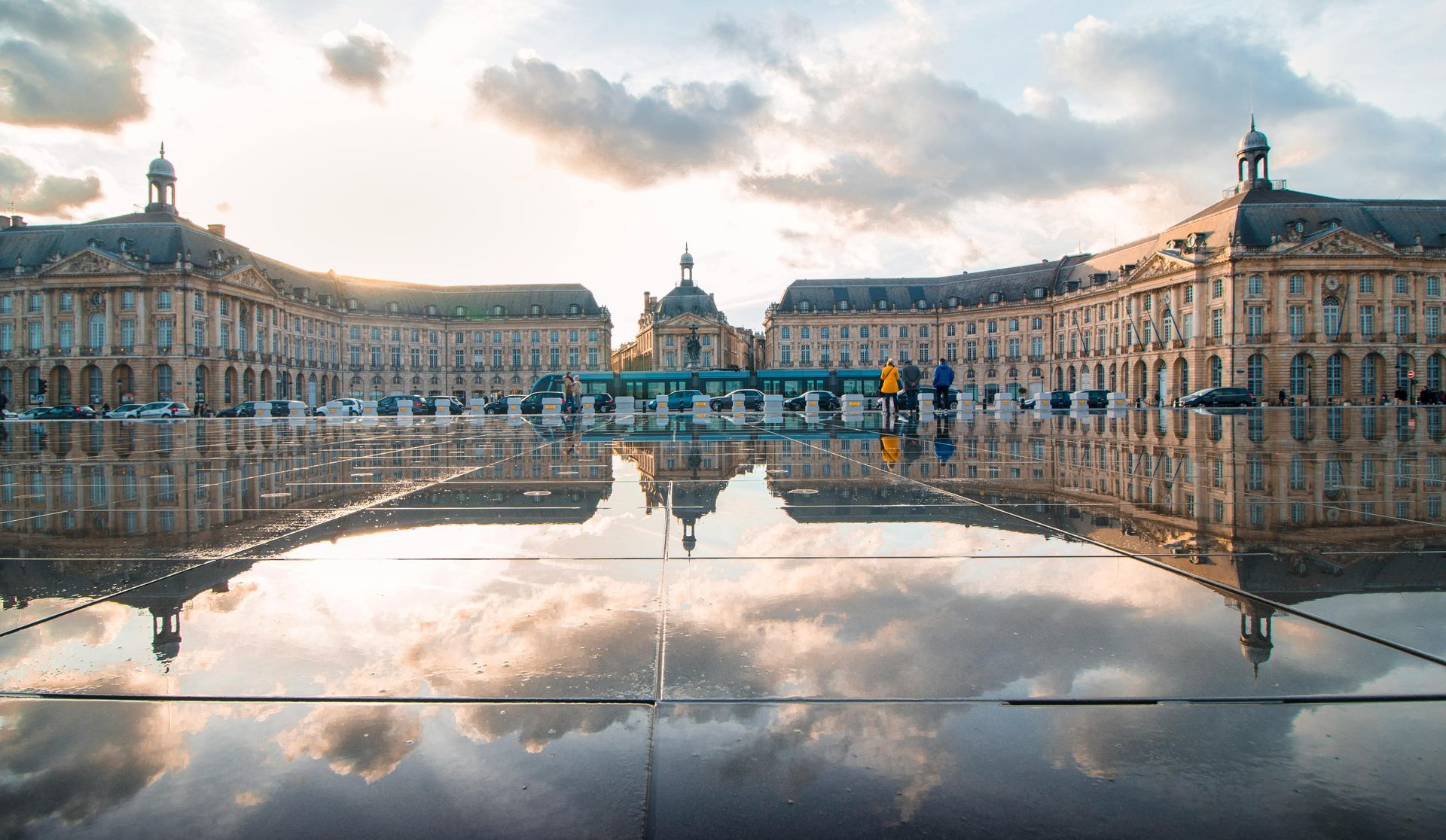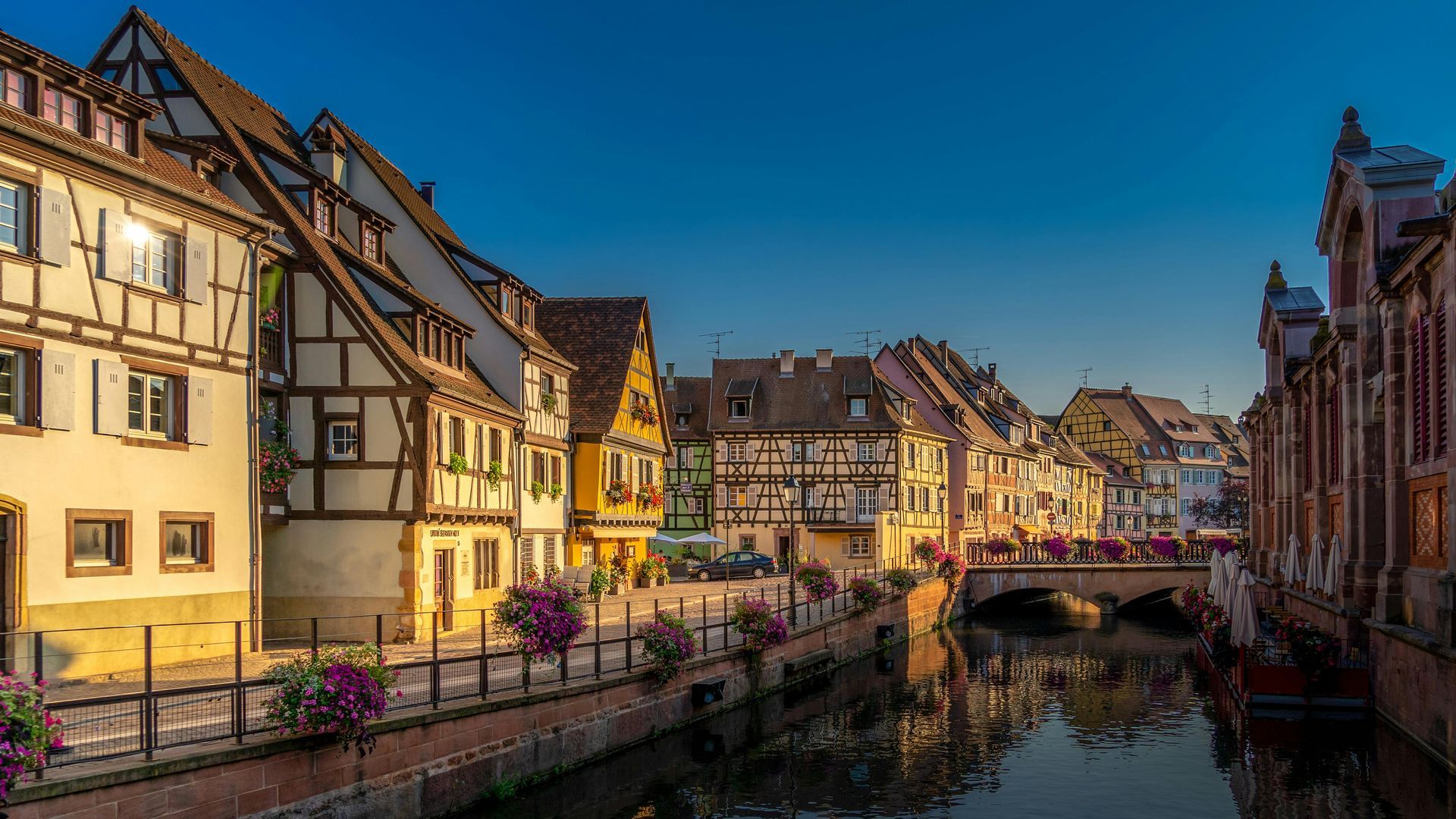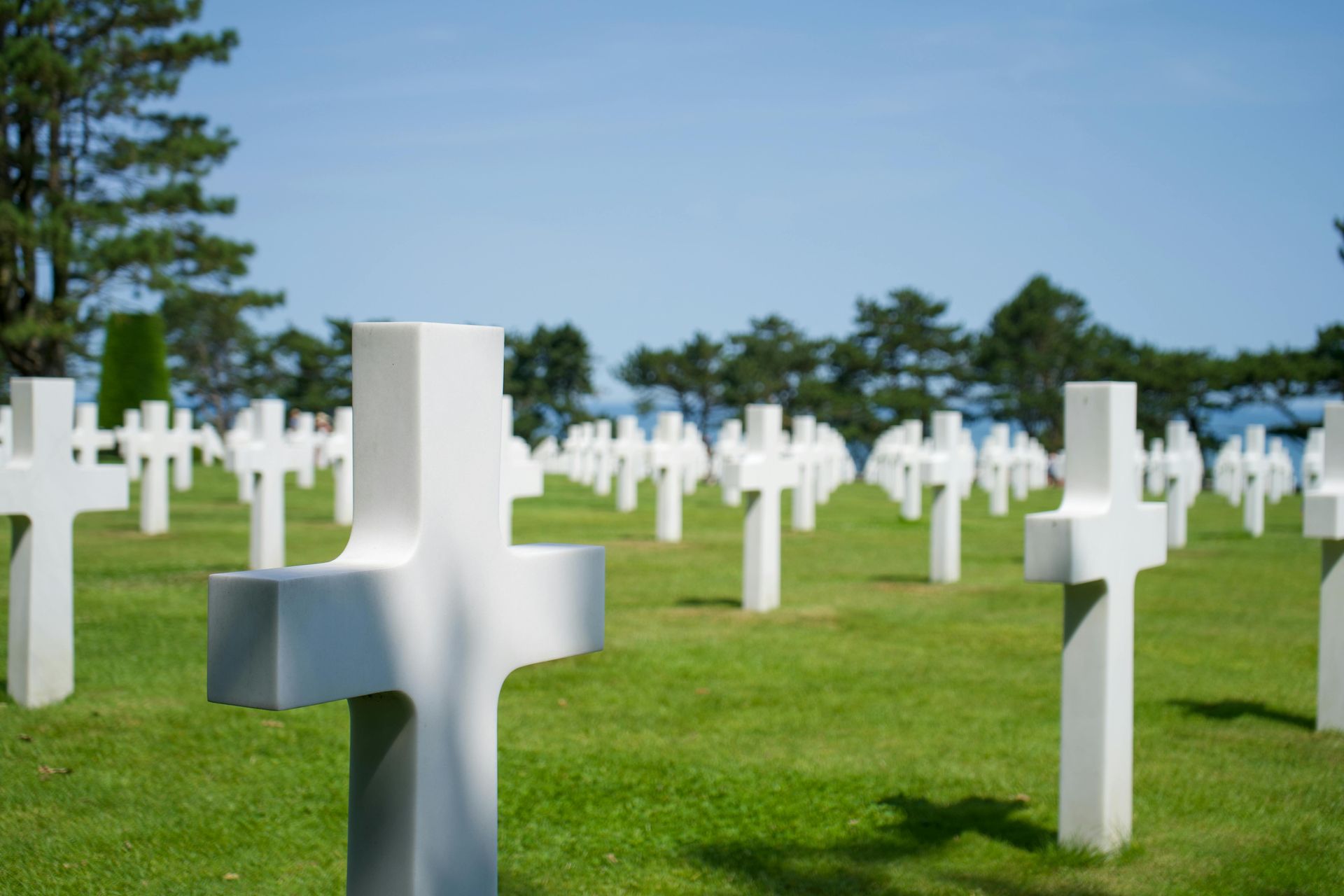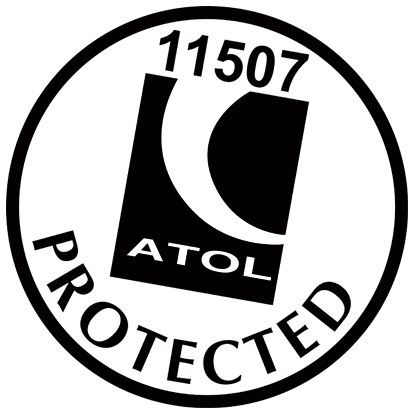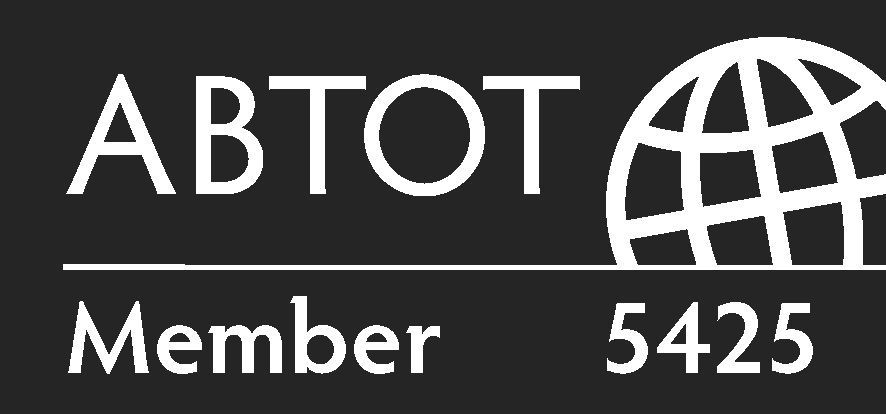France
Fall Under the Spell of Chic Cities & Charming Countryside
Holidays in France
Your Guide to France
Picture the Eiffel Tower glittering against the Parisian night sky, imagine yourself wandering through fragrant lavender fields in Provence, exploring fairytale castles reflected in tranquil rivers, or sipping exceptional wine amidst rolling vineyards in Bordeaux. France captivates the imagination with its iconic landmarks, its global reputation for style and gastronomy, and its deep appreciation for the joie de vivre – the joy of living. It’s a country where history, art, and culture permeate everyday life, from bustling city boulevards to sleepy village markets.
For first-time UK visitors, France often means the magnetic allure of Paris, perhaps combined with a taste of nearby Normandy's history or the sunshine of the South. But for returners, France unfolds its incredible diversity: exploring the unique regions like Brittany, Alsace, or the Dordogne; skiing the Alps; indulging in wine routes through Burgundy or Champagne; tracing battlefields of the World Wars; or simply finding the perfect gîte (holiday cottage) for a relaxing rural escape. Being just across the water, it’s wonderfully accessible for anything from a weekend break to an extended exploration.
Eurostar: The high-speed train zips you from London St Pancras directly into the heart of Paris Gare du Nord in around 2 hours 15 minutes. Fast, comfortable, and avoids airport hassle.
Ferries: Numerous companies operate routes across the Channel from ports like Dover, Portsmouth, Newhaven, and Plymouth to French ports such as Calais, Dunkirk, Le Havre, Caen, St Malo, and Roscoff. Perfect for taking your own car and enjoying a sea breeze.
Flights: A vast network connects UK airports (London and regional) to numerous French airports. Key gateways include:
Paris Charles de Gaulle (CDG): France's main international airport and a major global hub.
Nice Côte d'Azur (NCE): Gateway to the French Riviera.
High-Speed Trains (TGV - Train à Grande Vitesse), Regional Trains (TER), Rental Cars, Buses/Coaches
Transport options in France
Official Spoken Languages
Getting to France
The official language is French, and it's a source of national pride. While English is widely spoken in major tourist destinations like Paris, the Riviera, popular ski resorts, and by staff in hotels and attractions catering to international visitors, proficiency drops significantly outside these areas, especially in rural regions and among older generations.
Weather & Climate
Spring (April-June) and Autumn (September-October) are often the sweet spots for visiting most regions, offering pleasant weather and fewer crowds than peak summer. July and August are the main holiday months – warmest, busiest, and most expensive. Winter is perfect for skiing or enjoying cosy city breaks and Christmas markets (especially in Alsace).
Must-Do Experiences in France
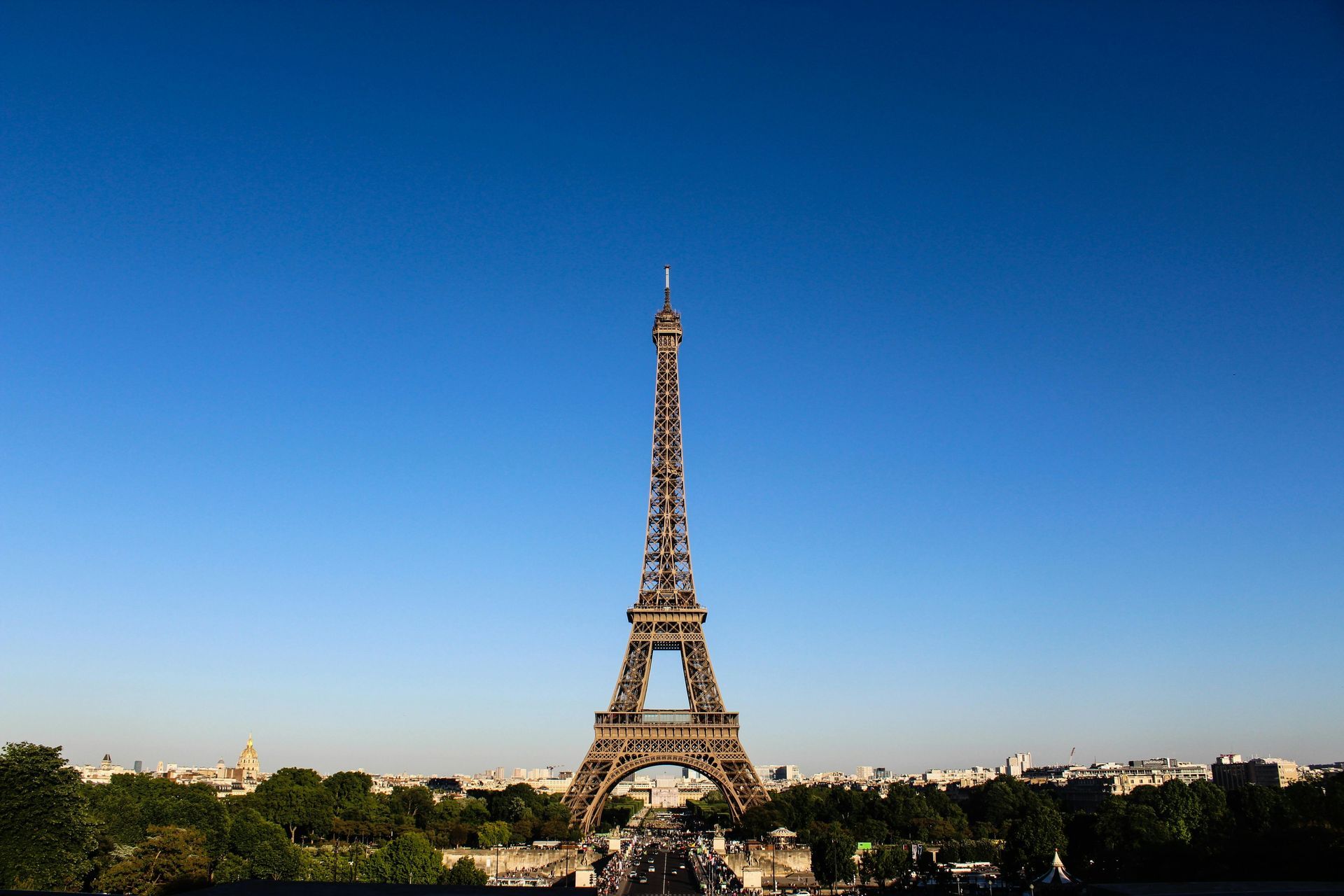
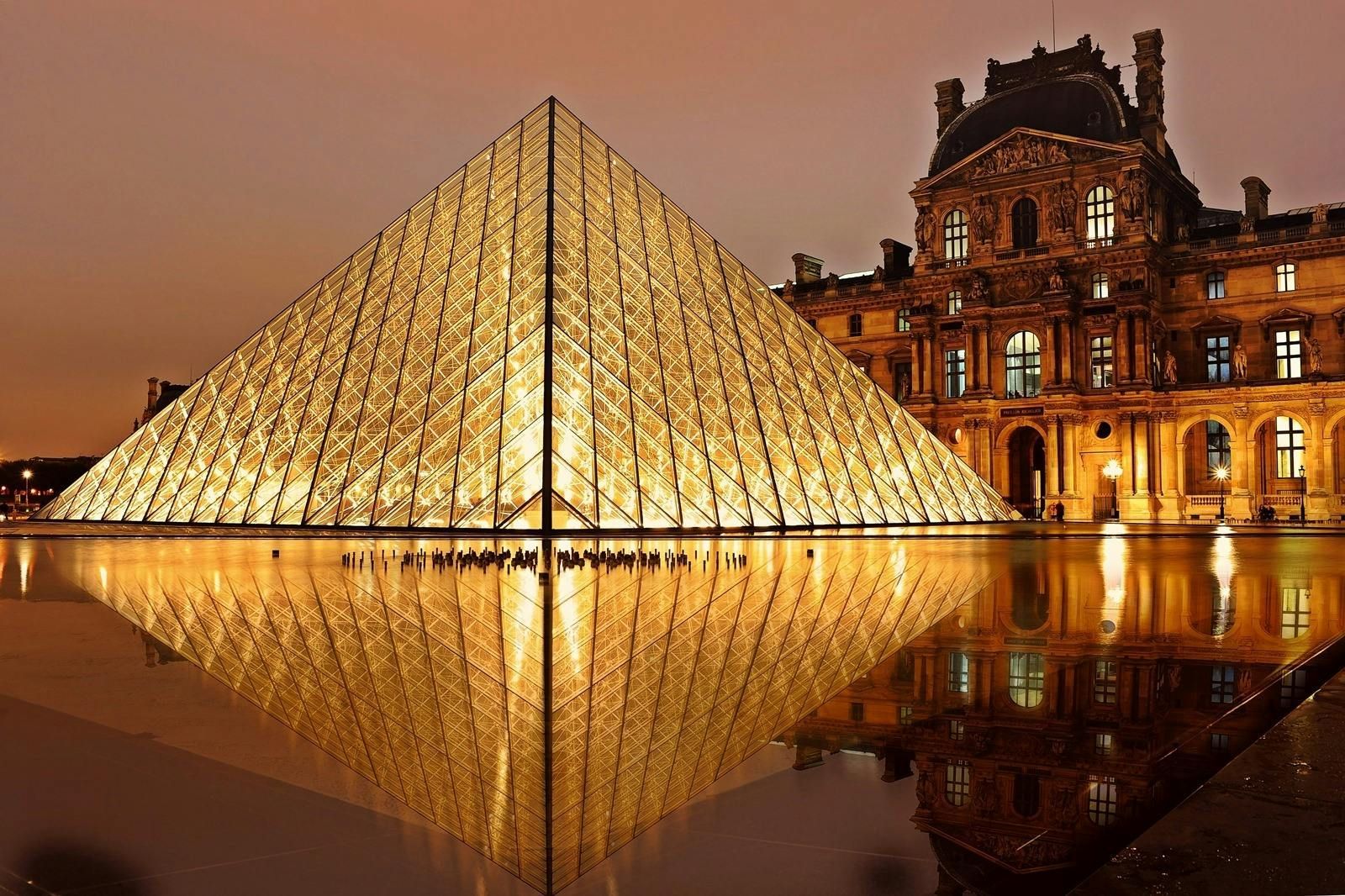
Fall in Love with Paris
The City of Light lives up to its reputation. Ascend the Eiffel Tower for breathtaking views (book tickets well in advance!), lose yourself in the masterpieces of the Louvre Museum (allow plenty of time!), wander the charming, artistic streets of Montmartre and visit the Sacré-Cœur Basilica, take a romantic boat trip along the Seine River, explore diverse neighbourhoods like the Marais or Saint-Germain-des-Prés, and simply indulge in people-watching from a pavement café with a coffee and croissant. Paris is endlessly captivating.
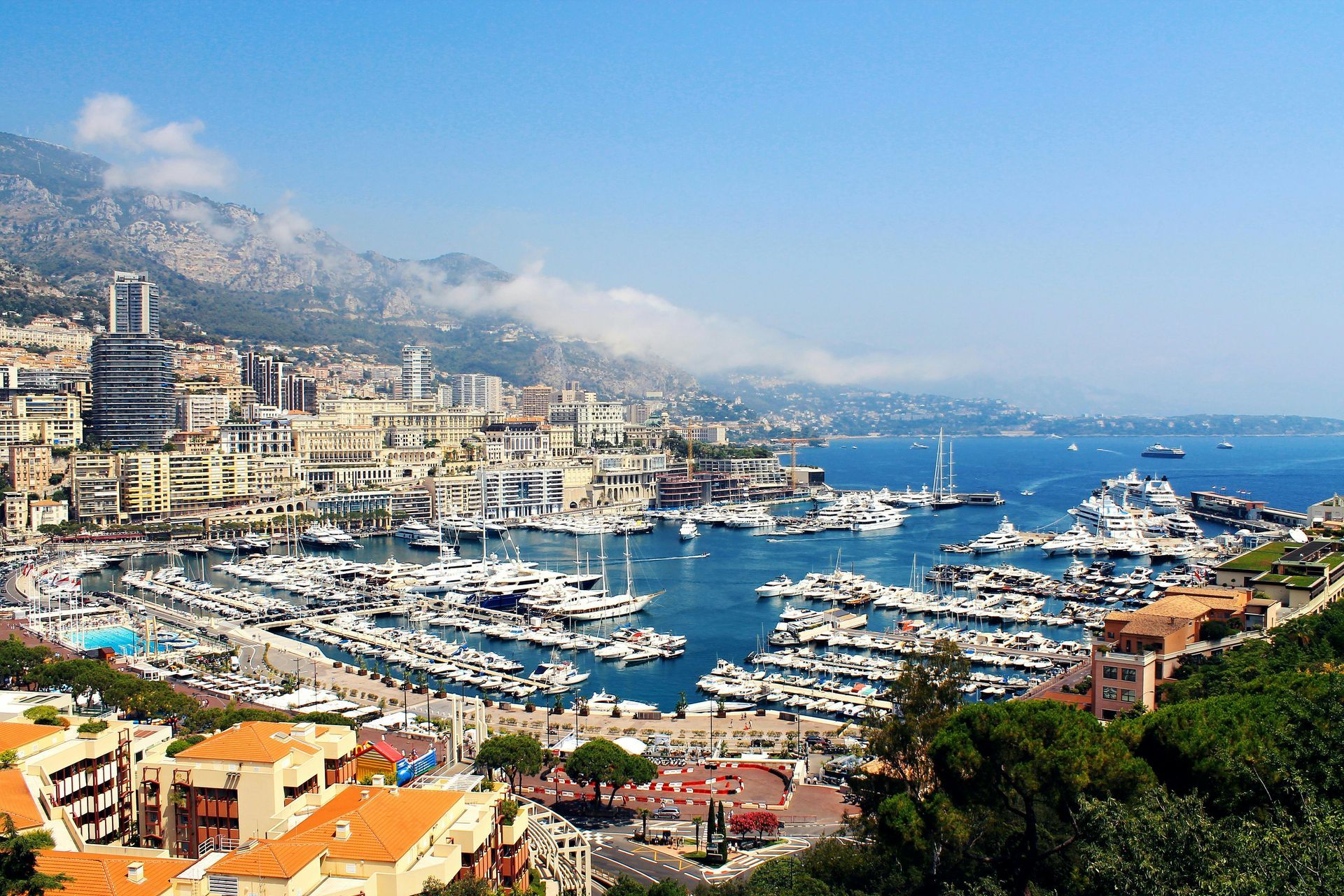
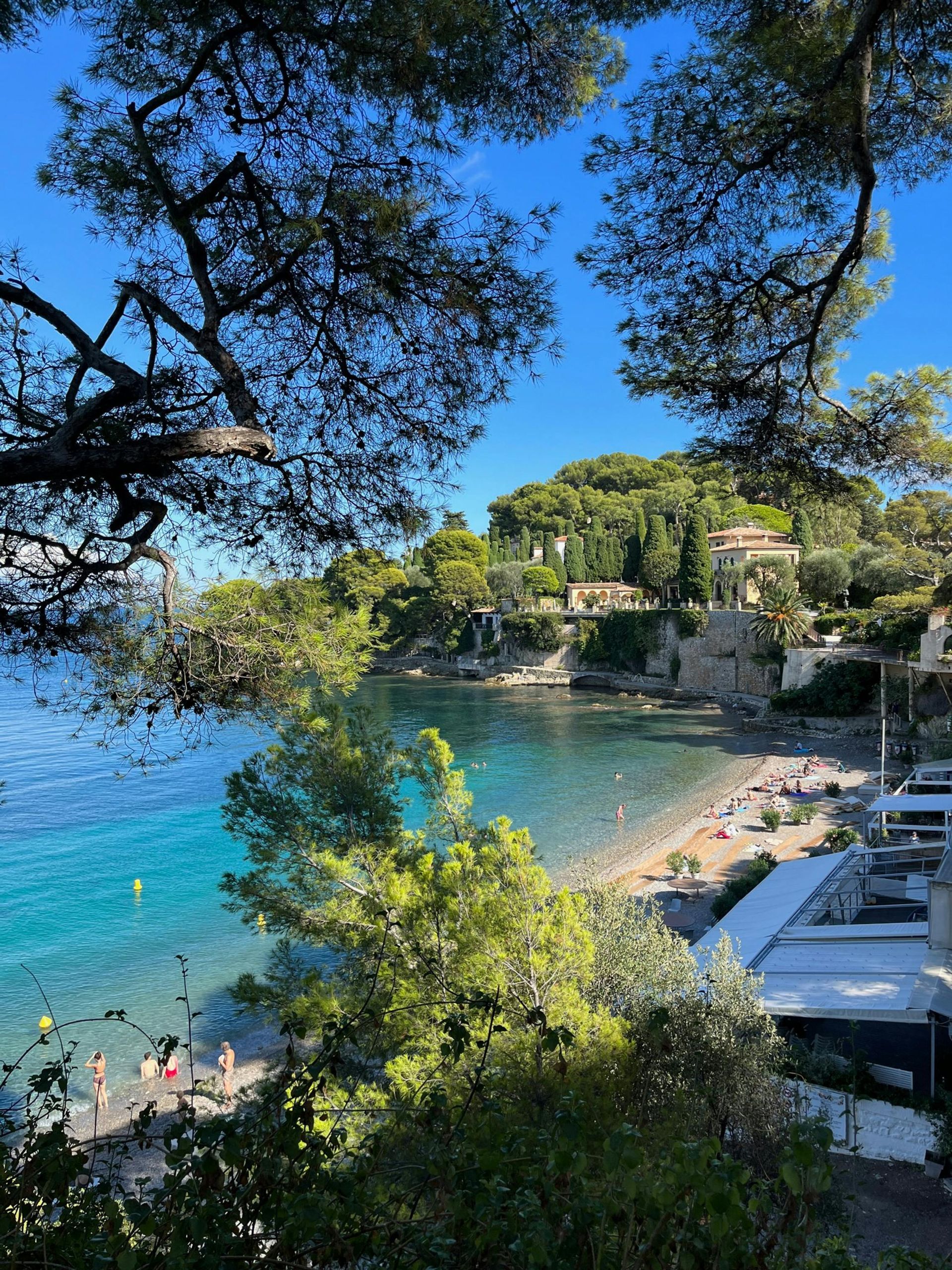
Bask on the French Riviera
Experience the glamorous Mediterranean coast. Stroll the famous Promenade des Anglais in vibrant Nice, explore the tiny principality of Monaco (visit the casino, see the palace), feel the buzz of Cannes (home of the film festival), soak up the sun in stylish Saint-Tropez, or discover enchanting hilltop villages like Èze (with its exotic garden) or Saint-Paul-de-Vence (known for its art galleries). Offers sun, sea, art, wonderful food, and beautiful scenery.
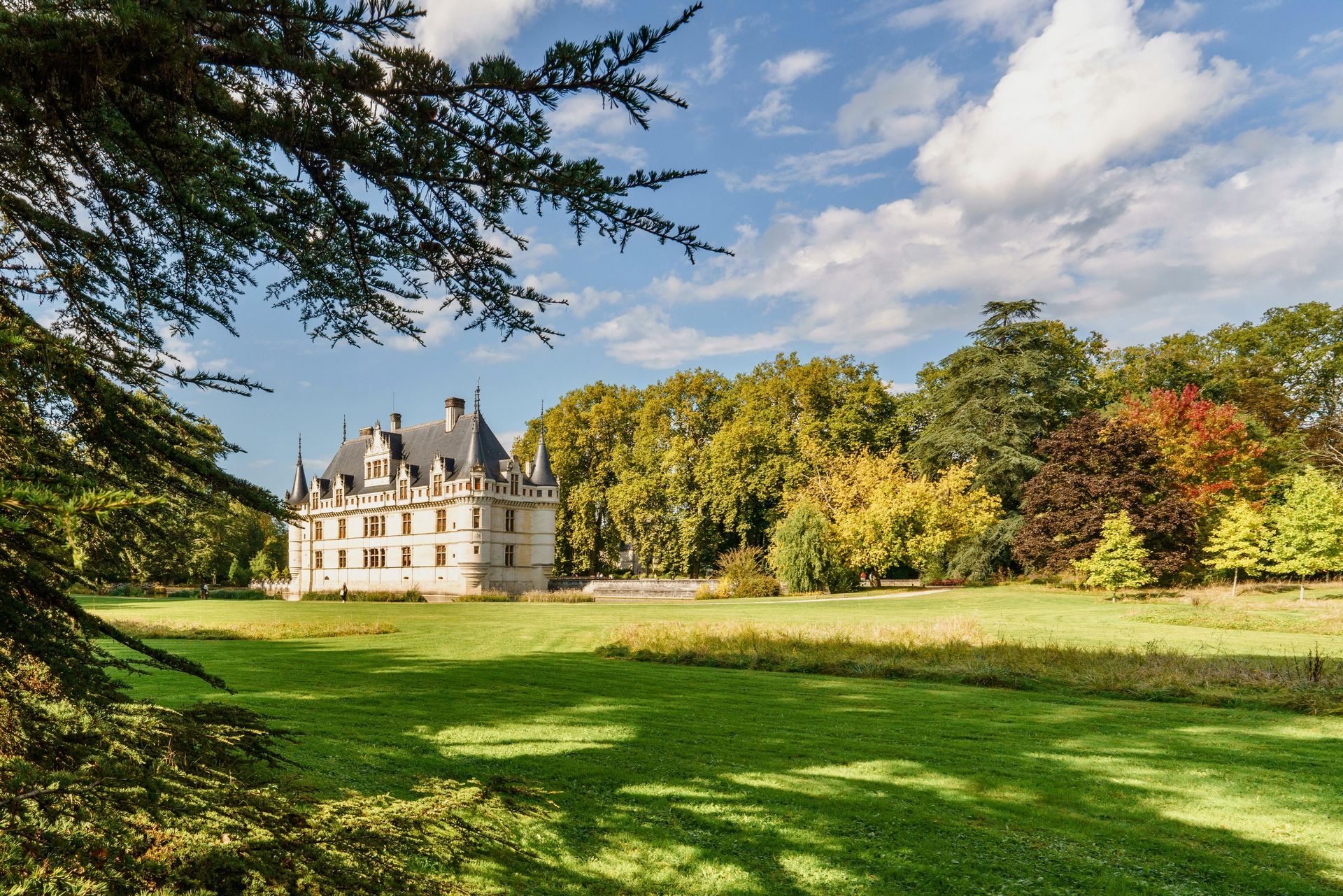
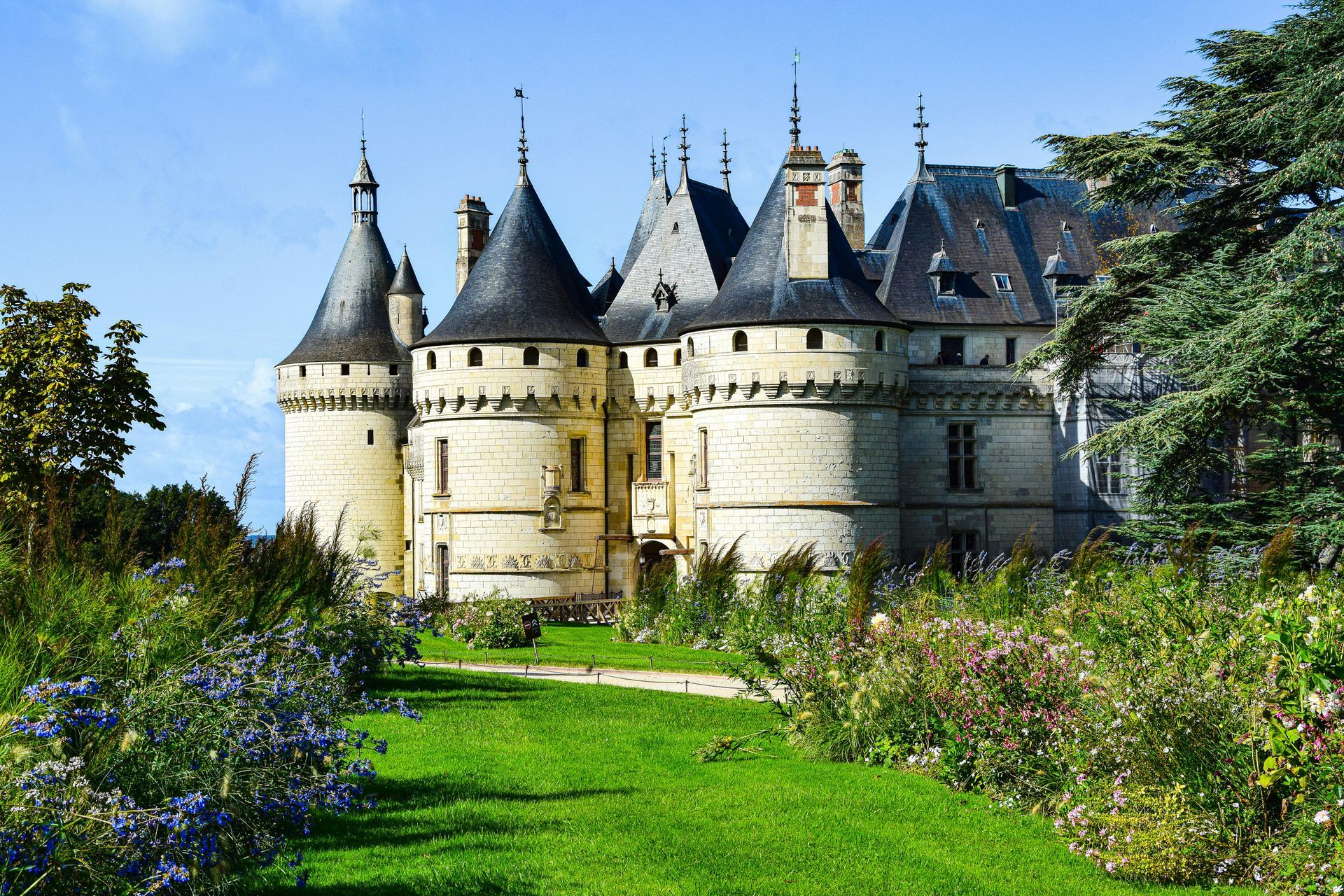
Tour the Châteaux of the Loire Valley
Step into a fairytale in the "Garden of France." Explore magnificent castles like the sprawling Château de Chambord, the elegant Château de Chenonceau spanning the River Cher, and the stunning gardens of Château de Villandry. Cycle along peaceful riverside paths, visit charming historic towns like Amboise (Leonardo da Vinci's final home) or Chinon, and sample the region's renowned white wines (Sancerre, Vouvray) at local vineyards (domaines). A beautiful and relaxing region perfect for a driving or cycling holiday.
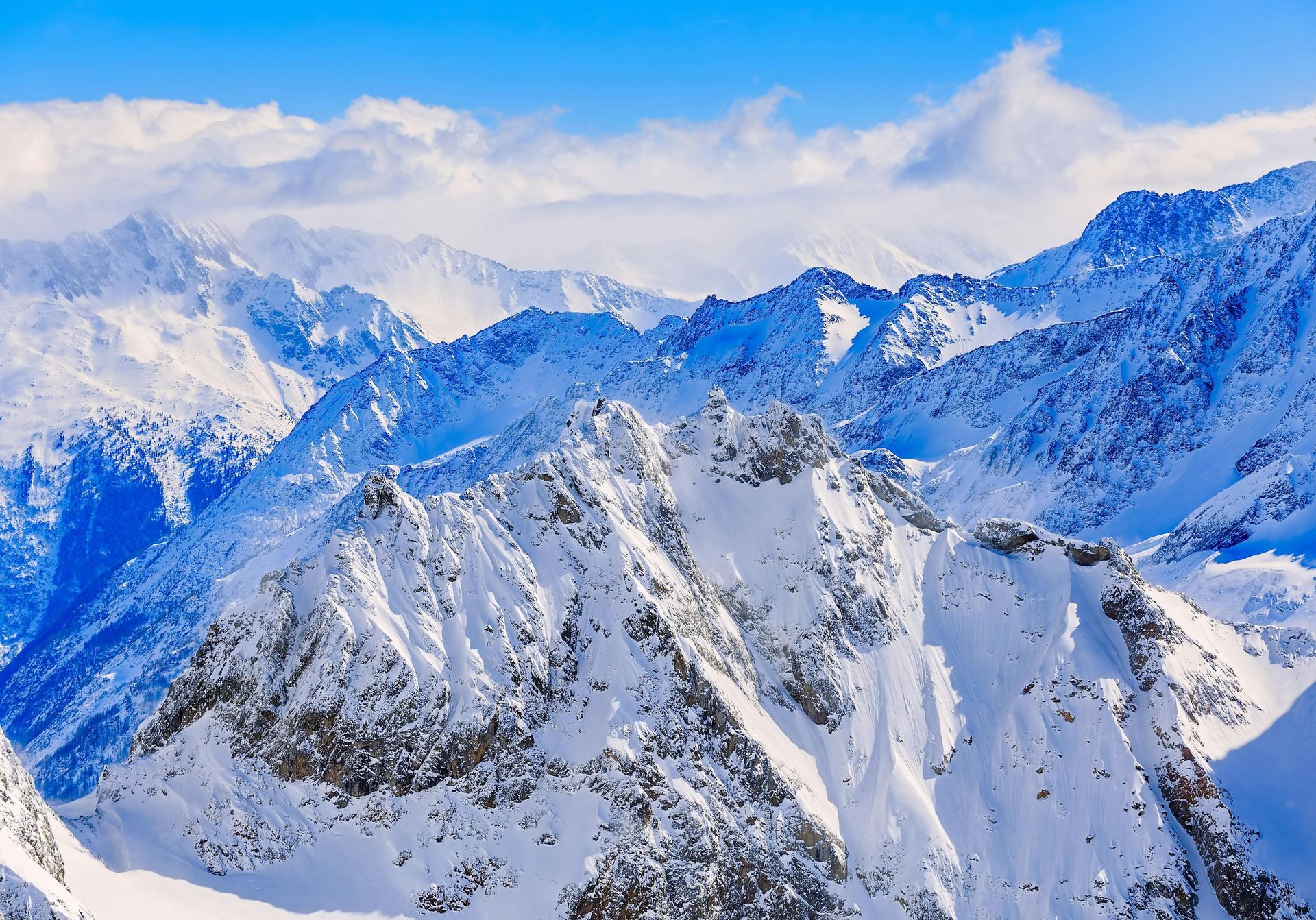
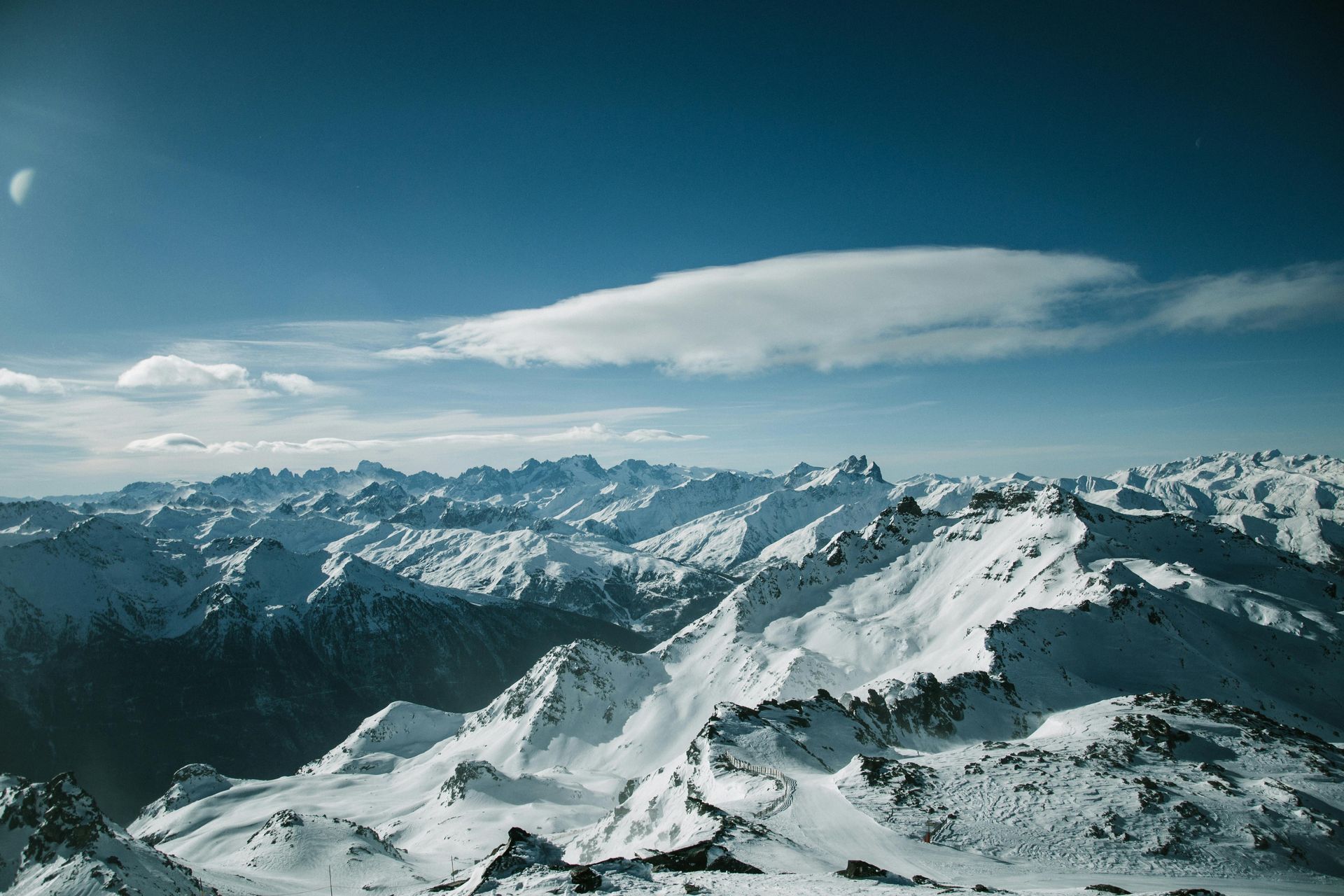
Hit the Slopes in the French Alps
Immerse yourself in spectacular mountain landscapes. In winter, ski or snowboard world-class resorts like Chamonix (at the foot of Mont Blanc), Val d'Isère, Courchevel, or Méribel (in the vast Les 3 Vallées ski area). In summer, the same areas transform into a hiker's paradise with stunning trails, crystal-clear lakes (like Lake Annecy near the beautiful town of Annecy), opportunities for climbing, mountain biking, or simply taking breathtaking cable car rides like the Aiguille du Midi in Chamonix.
Tips for First-Time Visitors
The biggest adjustment for UK drivers! Drive on the right, overtake on the left. Also, be hyper-aware of the potentially confusing "priorité à droite" rule: in towns/villages, unless a sign (yellow diamond) indicates you have priority, traffic joining from a road on your right has priority, even if it looks like a minor side street. This rule is less common on main roads but catches many out in urban areas. Remember to carry your licence, passport, car documents (V5C, insurance), UK sticker (unless on number plate), warning triangle, and hi-vis vests for all occupants reachable inside the car. Check current Crit'Air (clean air sticker) requirements for cities you plan to visit.
Driving Alert: It's on the RIGHT! (And Beware 'Priorité à Droite')
French culture values politeness and formality more than might be typical in the UK. Always greet shop assistants, café staff, or anyone you approach with a cheerful "Bonjour Madame/Monsieur" (or "Bonsoir" in the evening). Similarly, say "Merci, au revoir" when leaving. Failing to do so can be seen as quite rude. Using "s'il vous plaît" (please) and "merci" (thank you) frequently is essential.
Politeness is Paramount
For a fantastic value and authentic midday meal (typically weekdays), look for restaurants offering a "formule déjeuner" or "menu du jour" (set lunch menu). This usually offers two or three courses (e.g., starter + main + dessert/cheese) for a fixed price, often including a glass of wine or coffee. It's usually much cheaper than ordering individual dishes à la carte and is how many locals eat their main meal of the day. Lunch is generally served between 12 pm and 2 pm.
Lunch Like the French: Seek out the 'Formule'
While cards (chip-and-PIN) are widely accepted across France, especially in cities and larger establishments, it's always wise to carry some Euro (€) cash. You might need it for smaller purchases at local markets (marchés), bakeries (boulangeries), small village shops, some rural cafes, paying for public toilets, or leaving small tips (service is usually included - service compris - but rounding up or leaving a small extra coin for good service is common).
Cash Still Counts (Especially Euros)
France: Experience the Art of Living
France offers an unparalleled blend of iconic sights, diverse landscapes, profound history, influential culture, and world-renowned gastronomy, all just a stone's throw from the UK. From the romance and energy of Paris to the sun-kissed shores of the Riviera, the rolling vineyards of Bordeaux to the snow-capped peaks of the Alps, it’s a country that invites exploration and rewards curiosity at every turn.
Whether you're planning a quick city escape, a leisurely driving holiday through charming villages, a culinary pilgrimage, or an active break in the mountains, France provides endless possibilities. So brush up on your bonjours, pack your appetite for adventure (and croissants!), and prepare to fall in love with the French art de vivre. Bon voyage!

